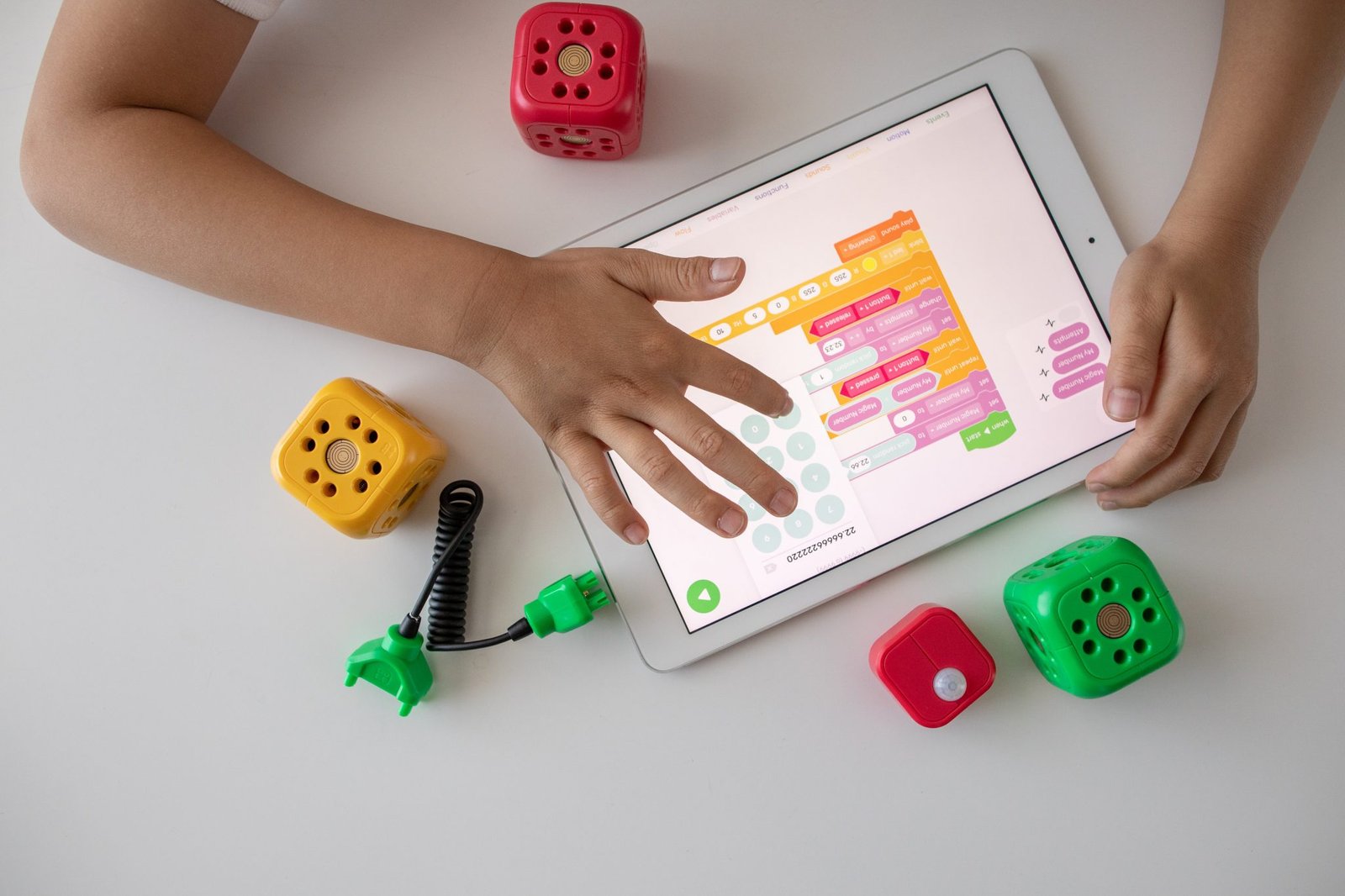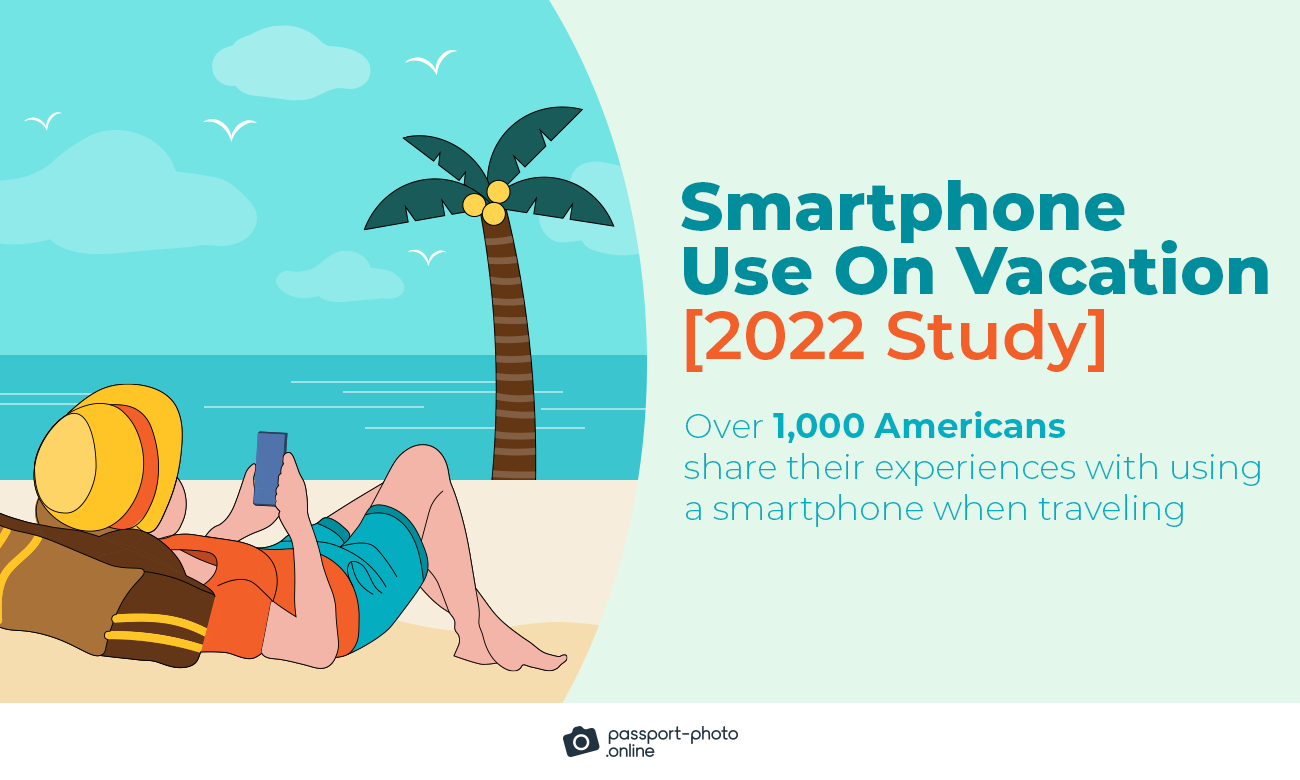Many grandparents will tell you that when they were young, from age 8 to 16, they would walk to the park several blocks away, play for hours and then return home.
Or, they would ride their bikes to some “magical destination” with friends and come home as the sun was setting. And their parents didn’t think anything of it, because back in the late 40’s and early 50’s there really weren’t any safety concerns parents had to worry about.

Of course, that has all been a wonderful memory of an era gone by. Today, a child must be driven to a park, where parents will be on watch as their children play. Bike riding is fine, as long as there are adults riding with them. And when children go to some other kid’s home to play, a parent had better be there. That’s our society today, and the safety of our children is of top importance.
What parents have trouble controlling is the Internet. Safety on the Internet for children requires constant vigilance, and parents aren’t always able to be with their children when they’re online. So, there are some safety tips parents can use to keep their kids safe when they’re online.
Know Who Your Child Is Talking to
All kids like to email and chat online. That’s how they communicate. But do they, or you, really know who they’re corresponding with? Unfortunately, many predators lurk online just waiting for an unsuspecting kid to strike up a conversation. The predator will create a fake profile and identity and pretend to be a friend, who is the same age as your child. They’ll gather all the private and personal information they can – and use it for nefarious purposes.

Know who your child is talking to! Use Nuwber, an easy to use online tool that will let you know the true identity of the person your child is corresponding with, just by entering their email address or phone number. If their name doesn’t match up with the online name and info they’re using, end all correspondence and block them.
Have a Set of Safety Rules
Parents set limits on just about everything, from how much TV and video time they can have to how much Ice cream they can eat each week. So, there’s nothing wrong with setting limits about the Internet to keep kids safe. Start by talking to your children and explain that while the Internet can be a wonderful tool, it has a dark side as well. Talk about the problems some kids face, with people who pretend to be someone they’re not, and how to avoid being bullied. Many kids face online bullying and never tell their parents – in fact, 43% of kids were victims of online bullying according to DoSomething.org.
Set limits on where they’re allowed to go, how much time they spend on the Internet and to show you who they’re talking to, emailing or chatting with. Monitor their browser history, just so you know where they’ve been spending time.

Make sure you explain how they should never share personal information like their full name, address, phone number or birthdate. Explain how they should never send photos to anyone without your permission, and also how they should never meet anyone in public that you’re not aware of. Finally, explain why they should never share computer information like login names, passwords or other personal data.
Monitor Social Media
Kids thrive on social media, like SnapChat, TicTok and Instagram. If you’re not familiar with these sites, visit them, and do it with your kids. Together, you can see what’s being posted, what kids should and shouldn’t post and what to avoid. Talk to your kids about never sharing family information, which includes planned vacations, sibling information and employment information. If someone asks a child, “where does your mommy daddy work,” be sure they’re told to tell you that you were asked and block that person from corresponding with your child. Remember you’re doing this to protect your child and your family from negative interactions.
Know the Apps Kids Use
Know what apps kids use, because they can lead to trouble. Kids love MeetMee, which connects kids in the same geographic area, Bumble – where the girl makes the first move and HOLLA, a video chat app that is reported to have adult content. Also, make sure your child isn’t using an app called Calculator+ – which is used to hide your child’s browser history, photos and video files. If it’s on their computer or tablet, they’re using certain apps or browsing sites that they shouldn’t be.

Finally, explain to your child that something that’s posted on the web can live there forever, and it’s next to impossible to remove once it’s up there. That includes photos, comments and conversations that would embarrass your children and your family for years to come. Once you’ve taken these steps, the Internet can be a safe and secure place for your children.






